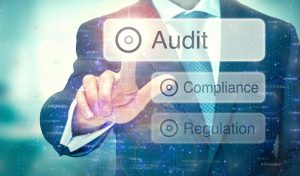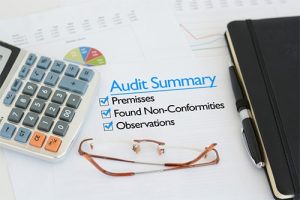Can I Audit My Own SMSF?
The Basics of Self-Managed Superannuation Funds (SMSFs)
Self-Managed Superannuation Funds (SMSFs) offer individuals greater control over their retirement savings. With SMSFs, you can make investment decisions and manage your retirement funds independently. However, one crucial aspect of managing an SMSF is the audit process. In this article, we explore the possibility of auditing your own SMSF.
Understanding the SMSF Audit Requirement
An SMSF audit is a mandatory annual process imposed by the Australian Taxation Office (ATO). It ensures compliance with superannuation laws and regulations, and it’s crucial to maintain the fund’s tax concessions. To meet the audit requirement, you have two options:
- Engage a Professional Auditor: Most SMSF trustees opt for this route by hiring a registered, independent SMSF auditor. These auditors possess the expertise to thoroughly review your fund’s financial statements, investments, and compliance with the law.
- Self-Audit: Alternatively, trustees can consider auditing their own SMSF. While it is possible, there are stringent requirements and potential risks associated with this approach.
Requirements for Self-Auditing Your SMSF
If you’re contemplating self-auditing your SMSF, you must meet certain criteria and adhere to specific guidelines:
1. Trustee Eligibility
Self-auditing is only permitted if all trustees are also members of the SMSF and there are four or fewer members in total. Furthermore, all trustees must be individual trustees, not corporate ones.

2. Expertise and Knowledge
Trustees undertaking self-audits must possess a sound understanding of superannuation laws, accounting principles, and auditing standards. This is a complex area, and lacking expertise can lead to errors or oversights.
3. Independence
Trustees conducting a self-audit must maintain independence from the financial transactions and investments within the SMSF. Any personal or financial interest that may compromise impartiality should be avoided.
The Risks of Self-Auditing Your SMSF
While self-auditing may seem like a cost-effective option, it’s essential to consider the potential risks:
1. Legal Compliance
Failure to comply with the strict regulations governing SMSFs can result in significant penalties and loss of tax concessions. A professional auditor can help ensure full compliance.
2. Mistakes and Oversights
Even with a solid understanding of superannuation laws, auditing is a meticulous process that can be prone to human error. Professional auditors bring experience and expertise to catch potential issues.
3. Increased Workload
Self-auditing can be time-consuming, diverting your focus from managing your investments and financial planning.
The Benefits of Self-Audit
Despite the risks, there are some potential benefits to self-auditing your SMSF:

1. Cost Savings
Engaging a professional auditor can be costly. Self-auditing may save you money, especially if your fund has relatively simple investments and transactions.
2. Greater Control
Self-auditing allows you to have a more hands-on approach to your SMSF’s financial affairs. This can be appealing for trustees who want full control over every aspect of their fund.
Conclusion
In summary, while it is possible to audit your own SMSF, it comes with significant responsibilities and potential risks. Before deciding to self-audit, ensure that you meet the eligibility criteria and possess the necessary expertise. Many trustees opt for professional auditors to ensure compliance and minimize risks. Weigh the benefits and drawbacks carefully to make an informed decision that aligns with your financial goals and capabilities.
Remember, always consult with a financial advisor or tax professional to get personalized advice on managing your SMSF audit. For online SMSF auditors near you reach out.


